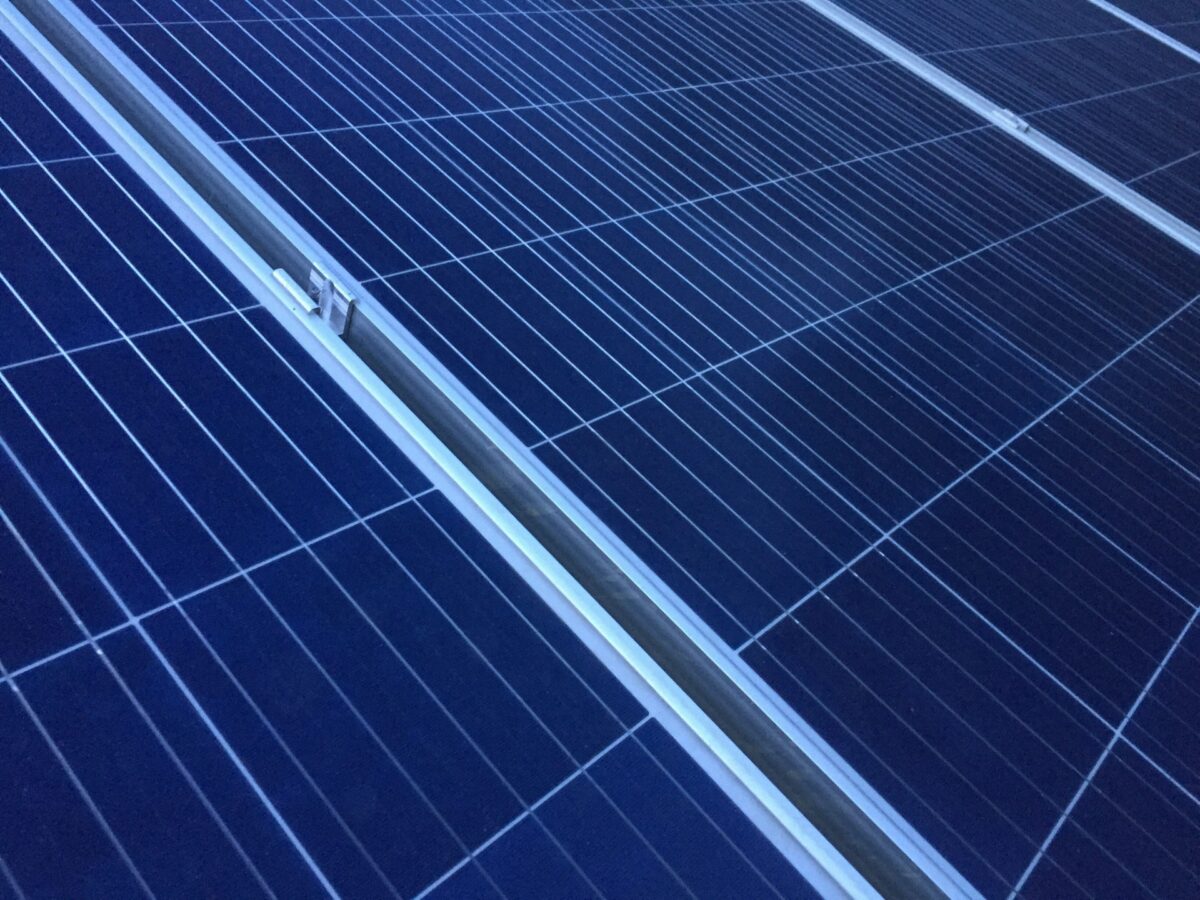Researchers from Bangladesh and Australia have explored hybrid nano-phase change materials (HNPCMs) for PVT applications. They used paraffin wax as the phase-change material (PCM), incorporating various levels of aluminum oxide (Al₂O₃) and zinc oxide (ZnO) nanoparticles. They also developed a prediction model.
“In this investigation, Al2 O3 and ZnO are incorporated in different concentrations with PCM to enhance its thermal conductivity and then used in the PVT system to examine the impact on their performance (electrical and thermal),” said the group. “The hybrid-nano/PCM samples are prepared, and their morphology, structure, thermal stability, thermal conductivity, and phase change behavior are carried out.”
They incorporated the Al₂O₃-ZnO mixture into the wax at 0.5%, 1%, and 2% loads. The mixture was added to the wax at 70°C and stirred for two hours, using an ultrasonic vibration machine to maintain the beaker above the melting point. Finally, they cooled the samples at room temperature.
“Scanning electron microscope (SEM) test was conducted for the morphological analysis of the samples, and the test results show that 2% of hybrid nanoparticles mixed with PCM exhibited better connection with base paraffin wax without having any agglomeration … 2% of hybrid nano-PCM shows higher thermal conductivity of 2.18 W/mK than pure paraffin wax (1.54 W/mK),” the group said. “The outcome shows the gradual increment of thermal conductivity by the addition of hybrid nanoparticles having mass fractions 0.5, 1, and 2%.”
The researchers built an experimental setup combining HNPCMs with a PVT system. They attached a 20 W polycrystalline PV module to a serpentine copper pipe containing the HNPCMs on the rear side, with copper tubes below circulating water at 0.0021 kg/s. Hot water was stored in a tank for thermal energy.
The system was installed on the rooftop of Rajshahi University of Engineering and Technology in Bangladesh. They also installed two reference systems with the same 20 W PV module: one with just the PV panel, and the other with paraffin wax PCM only. Measurements were taken in late April 2022, with irradiation ranging from 400 W/m² to 900 W/m² and an ambient temperature of around 26°C.
“Experimental results showed that compared to only PCM, the thermal conductivity of HNPCM increased by 24.68%, 28.57%, and 41.56% for the inclusion of 0.5%, 1%, and 2% hybrid nanomaterial, respectively,” the researchers said. “The electrical efficiency of the PVT/HNPCM and PVT/PCM system enhanced by 31.46 % and 28.70 %, respectively, compared to the conventional PV system in this study.”
The group has also developed a response surface methodology (RSM) model to “predict and optimize the interaction of operating factors (independent variable) with the response factors (dependent variable).” RSM uses statistics and mathematical models, typically, to improve and optimize experimental systems.
“After completing the comparisons from experimental outcomes, the error rate for electrical, thermal, and overall efficiency is estimated by around− 1.95% and− 0.57%,− 4.81% and − 1.66%, and− 3.83% and− 1.24%, respectively for both the PVT/PCM and PVT/HNPCM systems,” said the academics.
They presented their results in “Characterization, optimization, and performance evaluation of PCM with Al2 O3 and ZnO hybrid nanoparticles for photovoltaic thermal energy storage,” which was recently published in Energy and Built Environment. The study was conducted by scientists from Bangladesh’s Rajshahi University of Engineering & Technology and Australia’s Edith Cowan University.
This content is protected by copyright and may not be reused. If you want to cooperate with us and would like to reuse some of our content, please contact: editors@pv-magazine.com.



By submitting this form you agree to pv magazine using your data for the purposes of publishing your comment.
Your personal data will only be disclosed or otherwise transmitted to third parties for the purposes of spam filtering or if this is necessary for technical maintenance of the website. Any other transfer to third parties will not take place unless this is justified on the basis of applicable data protection regulations or if pv magazine is legally obliged to do so.
You may revoke this consent at any time with effect for the future, in which case your personal data will be deleted immediately. Otherwise, your data will be deleted if pv magazine has processed your request or the purpose of data storage is fulfilled.
Further information on data privacy can be found in our Data Protection Policy.